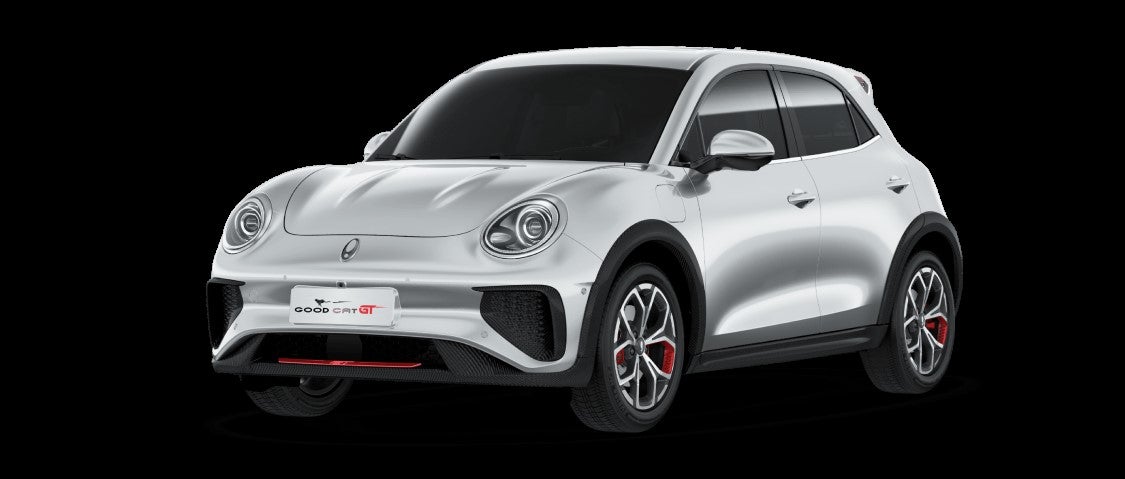
New vehicle sales in Thailand continued to plunge in December 2023, by 17% to 68,326 units from 82,799 a year earlier, according to the Federation of Thai Industries (FTI).
The data excluded some brands including BMW and Mercedes-Benz.

Discover B2B Marketing That Performs
Combine business intelligence and editorial excellence to reach engaged professionals across 36 leading media platforms.
The market has been in decline for over a year, after an initial rebound from the Covid pandemic, driven lower mainly by a sharp decline in pickup truck sales.
Vehicle financing companies increased lending rates and tightened criteria last year with the central bank having hiked its benchmark interest rate from 0.5% to 2.5% in just over a year.
Economic growth continued to slow in the third quarter, to 1.5% year on year from 2.2% in the first half, despite a rebound in the tourism sector. Higher interest rates have put pressure on the country’s heavily indebted consumers and domestic businesses while exports remained sluggish for most of the year before rebounding in the fourth quarter.
Domestic vehicle sales fell 9% to 775,780 units last year after rebounding by 12% to 849,388 units in 2022, making Thailand south east Asia’s third largest vehicle market after Indonesia and Malaysia.
Sales of battery electric vehicles (BEVs) surged sevenfold to 73,540 units, driven by the recent entry of Chinese models, while sales of hybrid vehicles amounted to 92,940 units.
The government reduced subsidies for BEV purchases at the beginning of 2024 under its EV3.5 programme, to between THB50,000 and THB100,000 (US$1,440-$2,880) for vehicles priced below THB2m ($58,000) and with a battery size of at least 50 KWh. Smaller BEVs qualify for subsidies ranging between THB20,000 and THB50,000 ($580-$1,440).
Sales of internal combustion engine (ICE) light passenger vehicles fell 14% to 238,570 units last year while sales of pickup trucks plunged by 32% to 264,738 units; pickup-based passenger vehicles 60,286 units (-9.4%); trucks and other commercial vehicles 43,176 units (-7.1%).
Vehicle production fell 2% to 1,841,663 units last year while exports rose 12% to 1,117,539 units following the previous year’s supply chain shortages.






